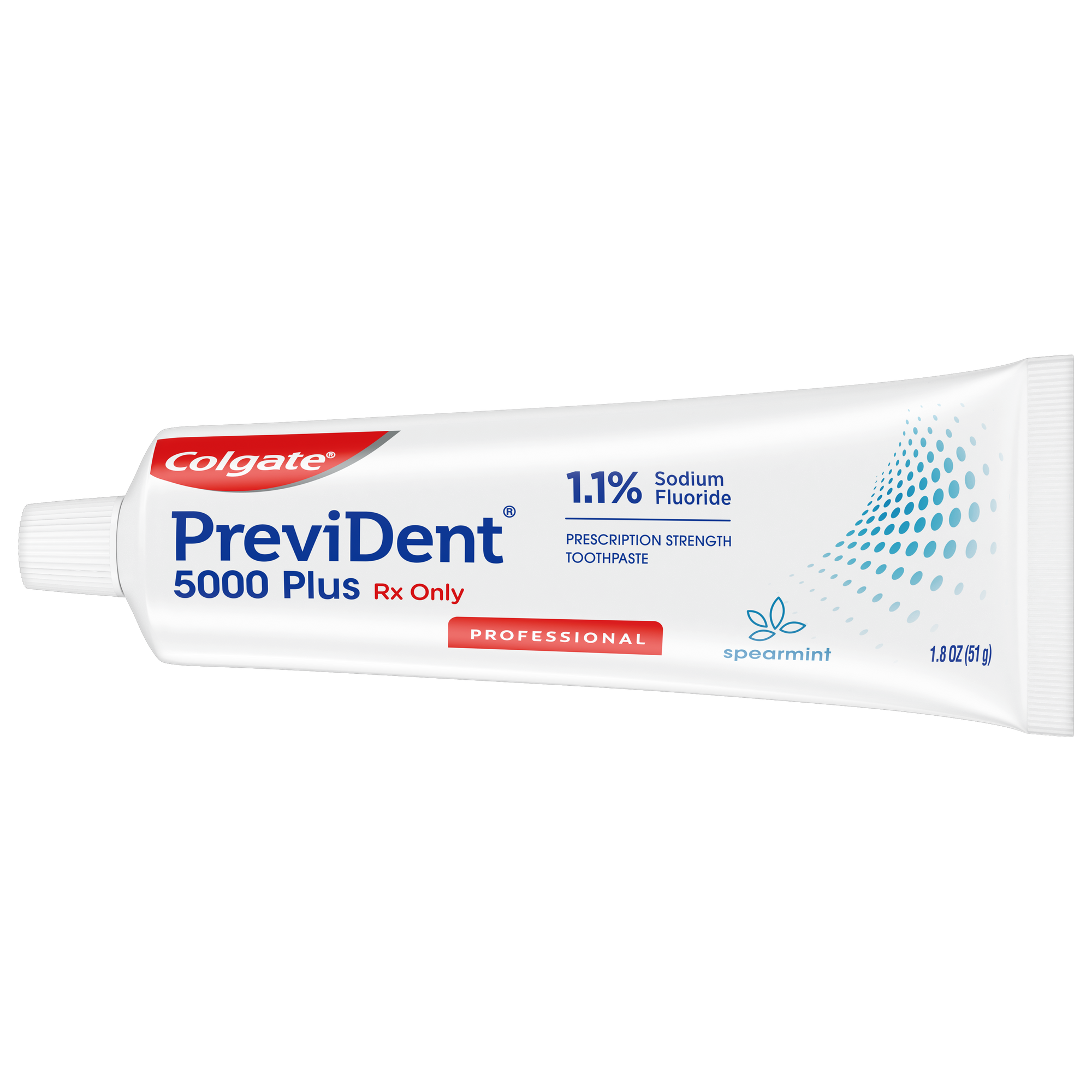What Is a Scalloped Tongue?
The Academy of Orofacial Myofunctional Therapy (AOMT) describes tongue scalloping as indentations in the sides of the tongue. The indentations appear directly next to the adjacent teeth. That's because these dents are created when the tongue presses into the teeth. While this condition rarely causes pain, identifying scalloped tongue can help your doctor detect and treat related medical conditions you may have.
Scalloped Tongue Causes
If you spot what you think might be scalloped tongue, see your dentist or medical professional to understand why it's happening. Some of the causes with relatively simple solutions include:
- Teeth clenching: The teeth press against the tongue over time and cause these indentations. Treatment includes managing stress and wearing a bite guard appliance which your dentist can easily make for you.
- Nutritional deficiencies: To resolve the issue, eat well-balanced meals and supplement your food intake with daily vitamins like B12, niacin, and iron.
- Dehydration: Treatment means simply drinking at least eight to ten 8-ounce glasses of water per day.
Beyond those causes, a study published in the Journal of Community Hospital Internal Medicine Perspectives (JCHIMP) identified the following more serious conditions as potential causes for tongue indentations.
- Hypothyroidism: When your thyroid gland doesn't make enough of the thyroid hormone
- A potential genetic disorder
- Swelling of the area under the skin caused by an allergic reaction
- Sleep apnea: A sleep disorder where you stop breathing intermittently during sleep
Diagnosis and Treatment Options
By itself, a scalloped tongue is unlikely to cause you serious problems, as the AOMT notes. However, it's important to understand the more serious root causes.
After examining your tongue and asking about your other symptoms, and possibly performing some tests, your doctor or dentist will diagnose the cause of your tongue indentations. If treatment is needed, it will likely involve other medical experts besides your dentist, such as in the following instances.
- Hypothyroidism: This condition may be treated through oral medications that increase your hormone levels and reduce the symptoms caused by a lack of thyroid hormone, as the Mayo Clinic explains.
- Swelling of the skin: The Mayo Clinic also says swelling caused by an allergic reaction may be treated through prescription drugs, including anti-itch, anti-inflammatory, and immune-suppressing drugs.
- Genetic disorders: According to the National Library of Medicine, genetic disorders can be treated by a team of professionals who can deliver a variety of gene therapies.
- Sleep apnea: As the American Academy of Dental Sleep Medicine explains, this is usually treated with a device that delivers air during sleep or an oral appliance that helps to keep your air passages open while sleeping.
While it's natural to be concerned if you see indentations along the sides of your tongue, know that most often it's not a serious condition. With the help of a dental or medical professional, you can discover the cause of your tongue creases, and, if needed, begin treatment.
Oral Care Center articles are reviewed by an oral health medical professional. This information is for educational purposes only. This content is not intended to be a substitute for professional medical advice, diagnosis or treatment. Always seek the advice of your dentist, physician or other qualified healthcare provider.
ORAL HEALTH QUIZ
What's behind your smile?
Take our Oral Health assessment to get the most from your oral care routine
ORAL HEALTH QUIZ
What's behind your smile?
Take our Oral Health assessment to get the most from your oral care routine















